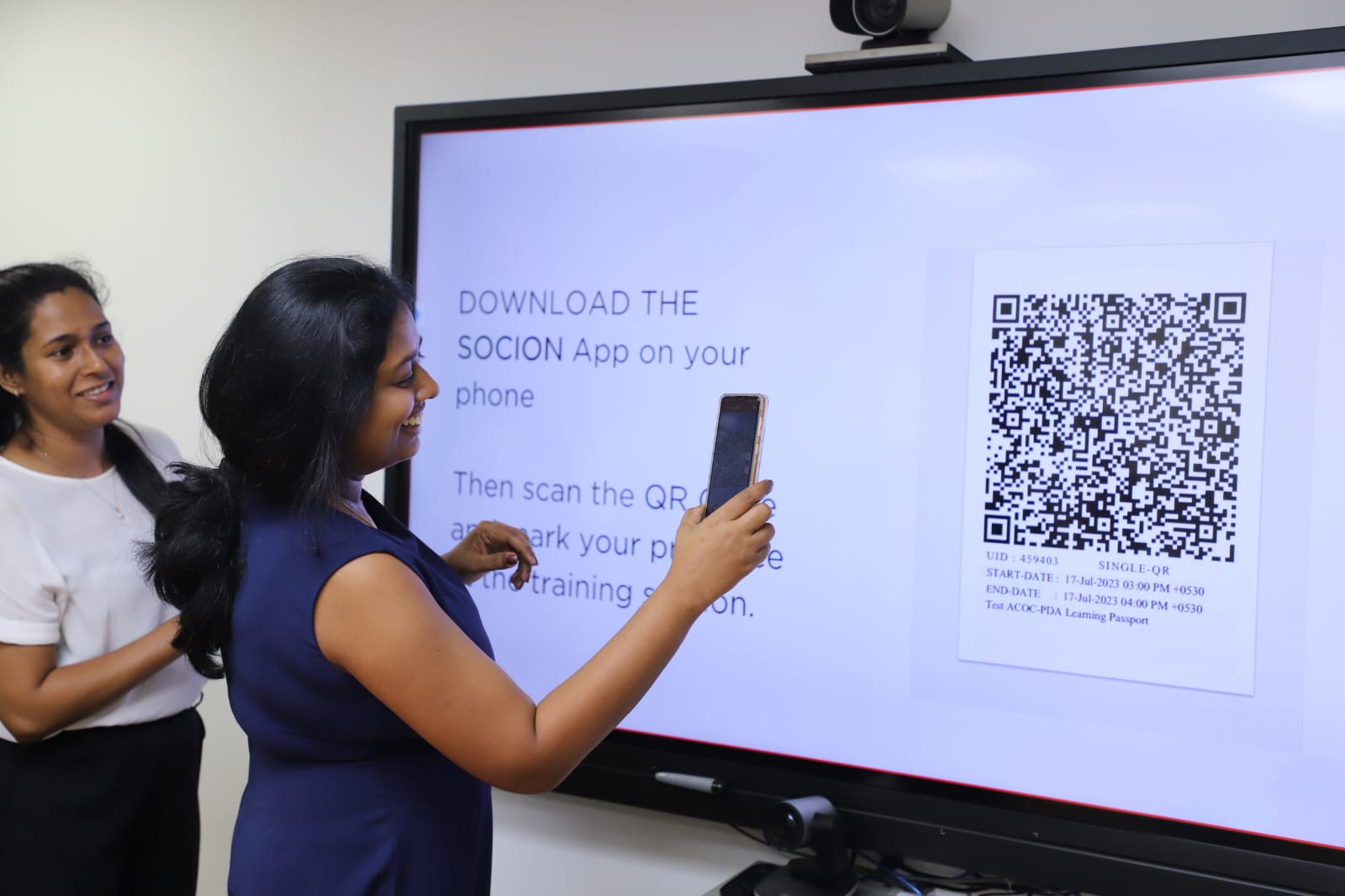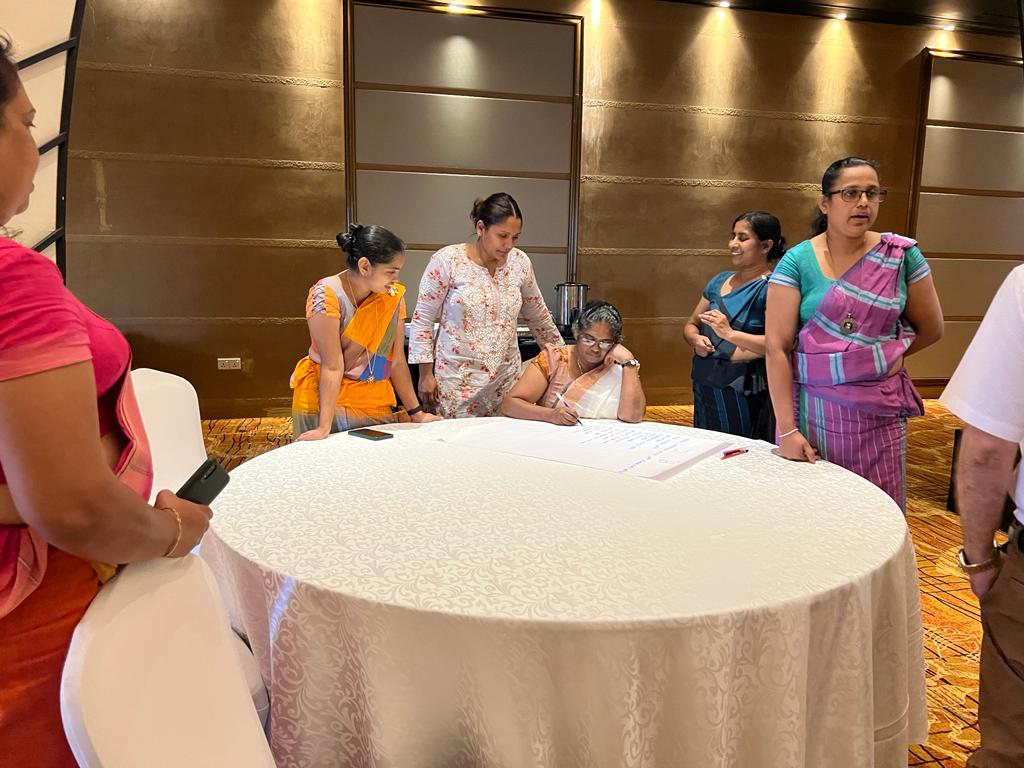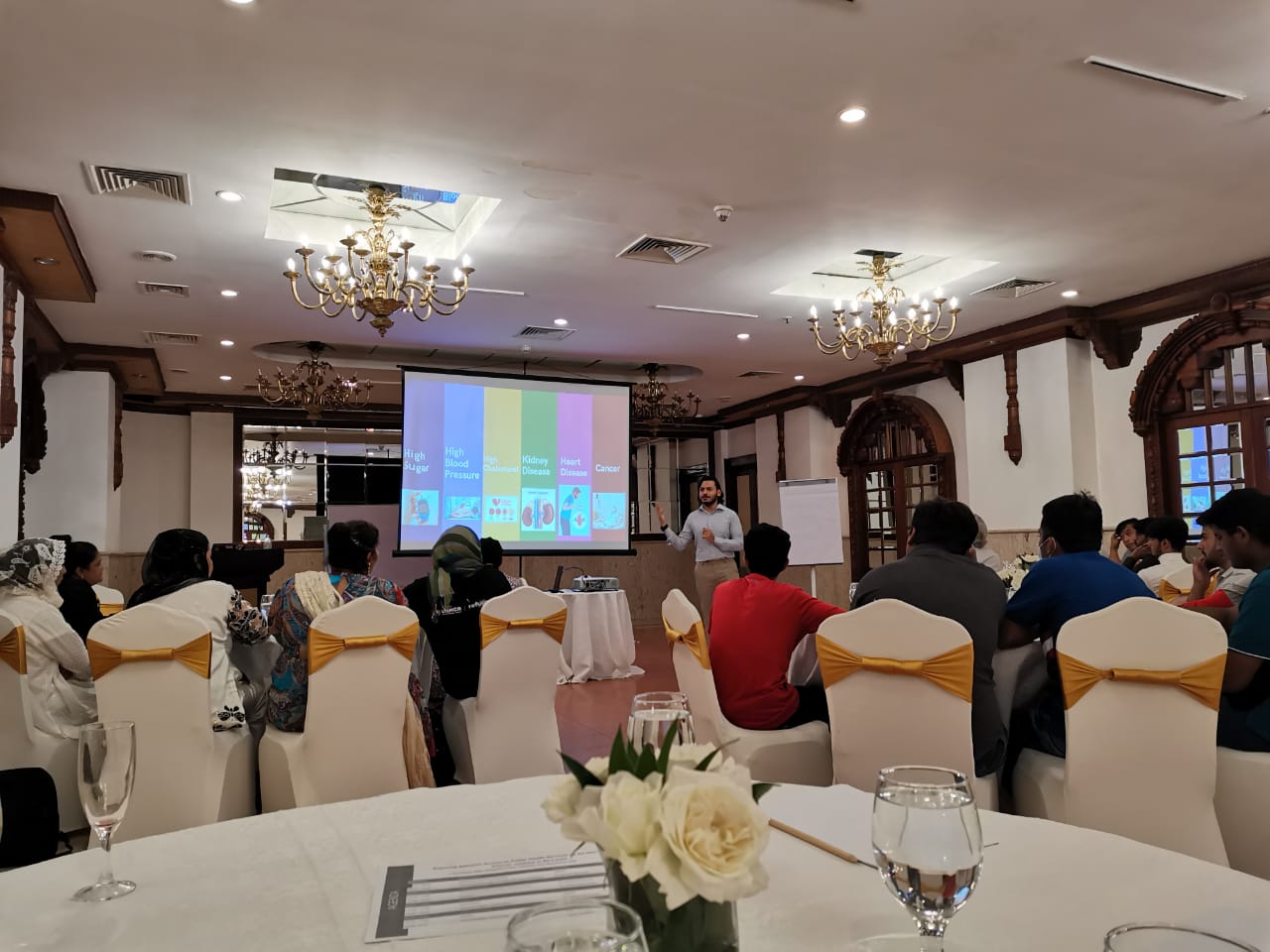Introduction:
The World Health Organization (WHO) recognizes the critical imperative of addressing sexual exploitation and abuse (SEA) within the populations it serves and instances of sexual harassment (SH) within its workforce. Collectively termed SEAH, these issues share common root causes, including power differentials, inequalities, and inadequacies in prevention and response mechanisms. WHO is committed to proactive implementation of reforms and enhancements in organizational policies and systems to combat SEAH effectively.
Vision and Commitment:
WHO's overarching vision is to ensure that its workforce does not cause harm to the people it serves. This commitment is anchored in WHO's goal of maintaining ZERO Tolerance for any form of Sexual Misconduct (SM) by its workforce and implementing partners. This commitment extends to guaranteeing that victims of WHO workforce-induced SM receive due support, perpetrators linked to WHO face consequences, and implementing partners adhere rigorously to established standards.
Gender, Equity, and Human Rights (GER):
Simultaneously, WHO's Gender, Equity, and Human Rights (GER) unit actively supports, coordinates, and integrates gender, equity, and human rights approaches across all levels of WHO's health planning and programming. This commitment is founded on the principles of leaving no one behind, dismantling barriers to an equitable health system, and advancing gender, equity, and human rights across all programs and policies. The integration of GER is outlined as a strategic priority in WHO's Thirteenth General Programme of Work from 2019 to 2025 (GPW13), aligned with the Sustainable Development Goals (SDGs), emphasizing the commitment to leaving no one behind.
Implementation of Gender, Equity, and Rights-Based Approaches:
At all levels of engagement, WHO commits to the implementation of gender, equity, and rights-based approaches to universal health coverage, emphasizing enhanced participation, resilience-building, and community empowerment. Recognizing the crucial role of implementing partners, WHO has initiated a series of orientation programs aimed at understanding and mainstreaming Prevention of Sexual Exploitation, Abuse, and Harassment (PRSEAH) and GER into national programs, addressing existing challenges comprehensively.
Operational Initiatives:
In December 2022, WHO Sri Lanka successfully conducted a series of orientation programs, comprehending the effort to mainstream PRSEAH and GER into national programmes. These programs, held from 12 to 14 December and 20 December 2022 in Colombo, were inclusive, involving both health and non-health sectors, including Civil Society Organizations. In March 2023, experts from the WHO Regional Office for South-East Asia conducted a GER/ PRSEAH Country support mission in Colombo, targeting WHO Country Office staff and Ministry of Health officials.
Capacity Building and Internal Training:
From May 2023, WHO Sri Lanka initiated internal training programs to enhance the capacities and expertise of all staff members, including janitorial staff, security personnel, and drivers, on preventing and responding to sexual misconduct. These programmes, designed to align with the existing legal framework in Sri Lanka, were curated to minimize High External Risks highlighted in the year-end risk assessment conducted from November to December 2022.

Strategic Discussions and Outcome Documents:
In April 2023, in-depth discussions commenced with the National Programme Officers of WHO Country Office to understand the status quo of their implementing partners concerning the integration of GER and PRSEAH into existing health practices, policies, and programmes. The unanimous suggestion arose to conduct orientation programmes in health and non-health sectors, mainstreaming GER and PRSEAH, both in and outside of Colombo.
Global Campaign and Collaborative Efforts:
WHO Country Office in Sri Lanka orchestrated a collaborative effort with the United Nations High Commissioner for Refugees (UNHCR) and the Ministry of Health Sri Lanka to actively participate in the global #16DaysofActivism campaign against Gender-Based Violence (GBV). This significant campaign spanned from November 25, observed as the International Day for the Elimination of Violence Against Women, to December 10, celebrated as Human Rights Day. Through a united front, these joint initiatives aimed to amplify global solidarity, raise awareness, and combat gender-based violence, engaging both the health sector and non-health sector staff across Colombo and Kandy Districts.
The outreach extended beyond local communities to encompass refugees in Sri Lanka, underscoring the inclusive nature of the awareness campaign. By addressing diverse demographics, WHO country office Sri Lanka, UNHCR, and the Ministry of Health sought to foster a comprehensive understanding of the pervasive issue of GBV in different occasions. The collaborative approach demonstrated a commitment to tackling this societal challenge through multifaceted means, integrating both healthcare professionals and stakeholders from various sectors.
This concerted effort during the #16DaysofActivism not only exemplified the importance of collective action against GBV but also highlighted the commitment of the involved organizations to extend their reach to vulnerable populations, such as refugees. By fostering awareness and solidarity, these initiatives contribute to building a more resilient and supportive community, advocating for the eradication of gender-based violence on both a local and global scale.

